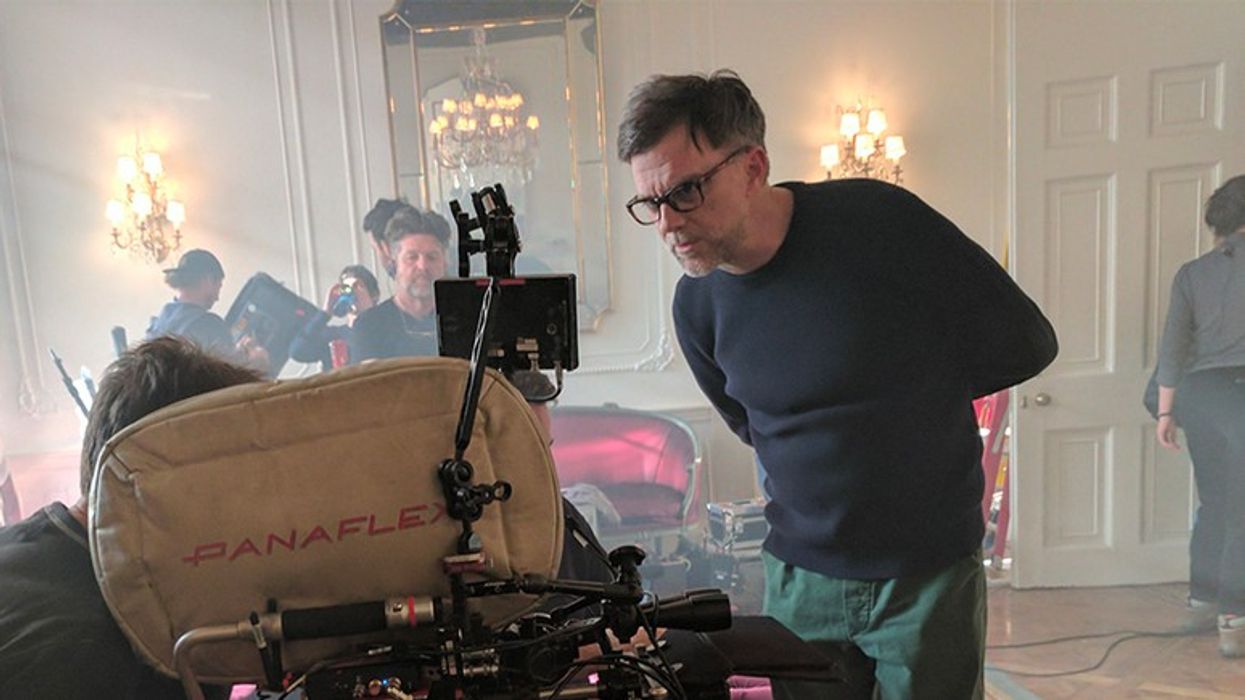6 Essential Writing Tips From Paul Thomas Anderson
Writing is hard. So why not listen to how the greats do it? Check out these great writing tips from Paul Thomas Anderson.

One of my favorite writers in the world is Paul Thomas Anderson. Maybe you have heard of him. (Of course you have. Because you're here.)
He's written Hard Eight, Boogie Nights, Magnolia, Punch Drunk Love, There Will Be Blood, The Master, Inherent Vice, and Phantom Thread. He is currently prepping to shoot his next original script, Untitled High School Movie, that all of us are already in line to see.
Anderson is one of the few writer-directors working today who can get an original idea greenlit, off their name being a brand and the caliber of awards-friendly talent he can attract as a filmmaker. He's made a career out of it since Boogie Nights.
Honestly, watching his career evolve has been one of the most exciting things about moviegoing for the better part of the last 25 years. How many auteurs really come up before our eyes?
PTA is as talented a writer as he is a director. He should be applauded how generous he is during Q&A sessions for his films with both his time and his insights. He always gives a straight answer and genuinely seems like he enjoys offering advice. Below, check out some of that advice that can only help and enhance your talent and career.
Check out this video from Behind the Curtainand let's talk after the break.
6 Writing Lessons You Can Learn From Paul Thomas Anderson
1. It's Okay to Write Just For You
At the beginning of an idea, you need to want it.
You need to love writing it. It needs to speak to you. If other people don't get it or get the pitch, that's okay. Buckle up and take the idea there.
Write with the passion that drew you to the idea in the first place and when it is time to involve other people, that passion will be contagious.
2. Find a Routine That Works
For PTA, he likes to get up early to write. Maybe you work better at night, or just like to have a coffee and ease into the afternoon.
The point is, find a time to write. Take it seriously and get the regiment down. That will help you be more productive.
3. Leave Room for Actors' Input
In the video, PTA states that "screenwriting is not real writing."
Don't get upset.
What he means is that you are creating the blueprint for the movie. Don't over-describe or burden the reader; readers love seeing white space.
Make sure the actors can add nuance to the story and the action of the characters. Call out specific things, but realize that you need to achieve enough to get the story across as well as enough for someone to build their own interpretation on top of that.
4. Trust Your Characters
You're the brains behind this operation. But these are the people you've created. If they want to make a left turn, make the left with them. See where the story takes you. Be okay taking those chances.
5. Don't Fix All Your Typos...
...At least not in the first draft and when in flow.
I'm taking this one to heart. Mostly because I love writing fast and going back later. But what I think he really means by this, is to let the ideas flow, unfiltered. Editing is for the next draft. In this one, get everything onto the page.
Again, writing is very hard -- so get to the first draft, then go back and make it look pretty.
If the ideas are flowing, don't stop or interrupt it because a word or three is misspelled.
6. Fire the Writer - Even If It Is You - When You Get to Set
This tip applies to those reading who are writer-directors overseeing their projects like PTA.
Don't be too precious with your words. When PTA directs, he changes scenes on the fly based on what he's given with the set and what the story needs. Kill your darlings. Don't be afraid to make small or even massive changes in the edit or while shooting.
You know what your story needs. Be ruthless.
What's next? Writing Lessons from Phoebe Waller-Bridge!
Phoebe Waller-Bridge is a force of nature. She can write, act, and produce better than most people on this planet. So what lessons can we learn from her?
Click for more!











